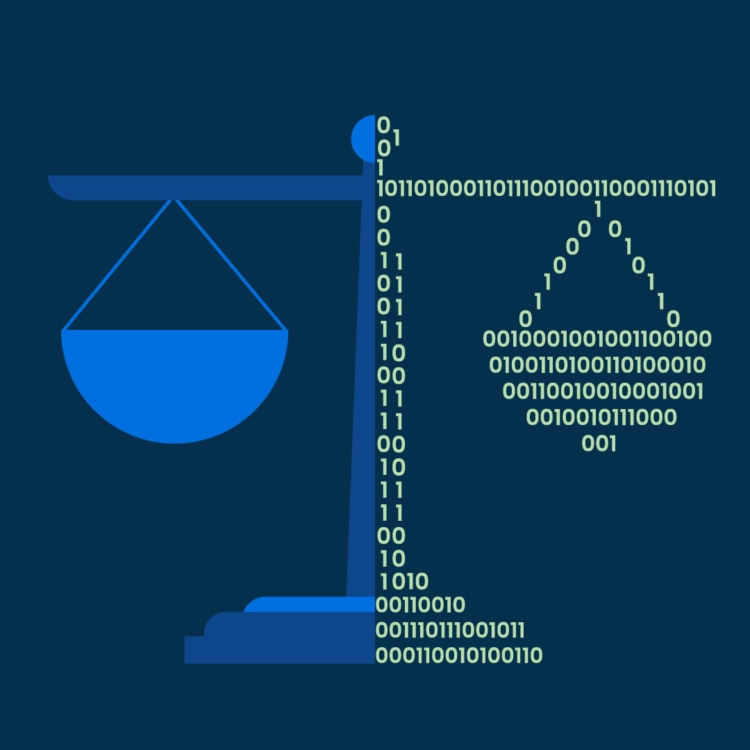You Can’t Spell “Agriculture” Without “AI”

By Avery S. Younis
In a world of rapidly advancing technology, it is no surprise that Artificial Intelligence (AI) has made a home for itself in the agriculture industry. While technology may be at the forefront of our minds, food still has a monopoly on our stomachs. The population has doubled since 1974—there are over 8 billion humans to feed on this planet.[1] With growing numbers of people and rising concerns about resources, we are faced with an efficiency dilemma: how do we increase agricultural production without straining our environment?








